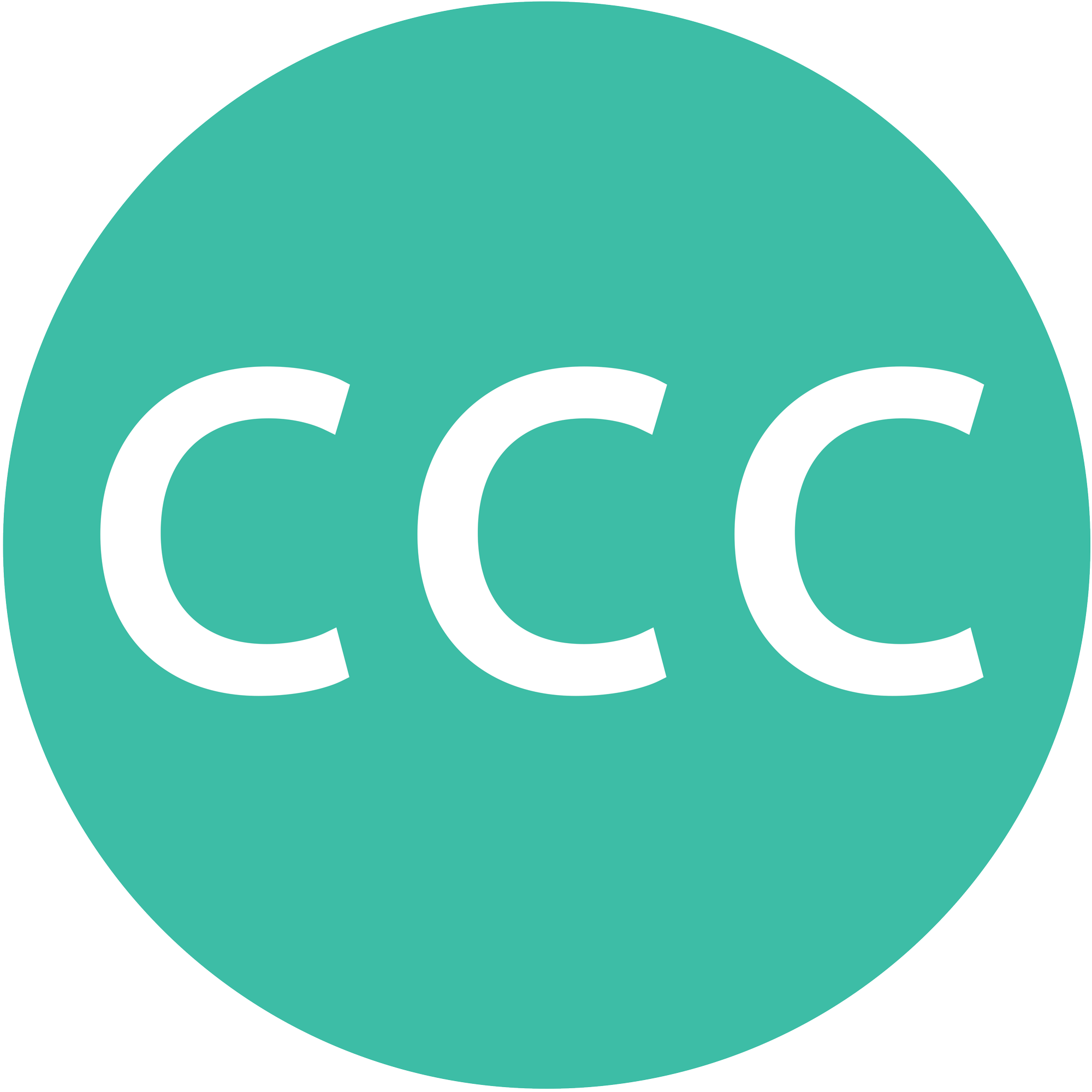The CCC’s new priorities should be to encourage responsible funders to give more, especially to protect democracy, foster racial justice and address excessive wealth through effective tax policies.
When I launched the Crisis Charitable Commitment a little over two years ago, I was agnostic as to where people contributed their money–the message was simply “just contribute more.” This was in large part in response to the crises caused or exacerbated by the COVID-19 pandemic. Nonprofits were desperate for funding. But the other CCC objective was to foster a culture shift away from hoarding–whether by ultra-rich individuals or foundations–to looking out for the common good. At the time it seemed as though there was little that could be done about the huge amounts of money already accumulated by the very few, so just getting money out the door would be a step in the right direction.
Thankfully, what had seemed impossible in July of 2020 now has entered the realm of possibility: taxing the ultra-rich. And that, along with two recent events, creates both a new emphasis for the CCC as well as a new sense of urgency.
In August, it was revealed that billionaire Barre Seid donated his company, worth $1.6 billion, to the Marble Freedom Trust, a 501c4 “right wing” organization which may have had a lot to do with setting aside Roe v. Wade, campaign finance restrictions and more. Needless to say, almost everyone to the left of Mitch McConnell went ballistic. Then last week, Yvon Chouinard donated his company, Patagonia, worth nearly $3 billion, to a new 501c4, the Holdfast Collective, whose purpose is to support environmental protection advocacy. Near silence.
Certainly, Chouinard deserves praise for giving it all away–Chuck Sweeney may be the only other billionaire to have done it–and saying in doing so that “billionaires are a policy failure.” On the other hand, little has been said about how slowly Chouinard’s money will trickle out to support environmental causes: $100 million per year on assets of nearly $3 billion–just 3%. This is surprising given how immediate the threat is.
These two gifts have a few things in common: Both gifts expose the tremendous power that comes with excessive wealth; the donors forego charitable deductions by giving to 501c4s, in exchange for which they have the freedom to influence elections; and both gifts reflect the rigged nature of our tax system that allows appreciated assets to pass tax-free to 501c4s (it wasn’t always so).
Dan Mosley, a merchant bank partner who helped to structure the deal for Patagonia was quoted in the New York Times as saying, “there is no tax benefit here whatsoever.” This, of course, isn’t true, or shouldn’t be true. Chouinard avoided likely gift or estate taxes. And if Patagonia were ever to be sold, the gain to the 501c4 would now be tax free. Seid’s gift was more immediate and blatant tax-avoidance. He had a buyer for the company so he avoided the impending capital gains tax with his gift.
These two gifts, coming at roughly the same time, has the left caught on the horns of a dilemma: Applaud the huge (100%) charitable gift and investment in the environment, or express concern about another wealthy person avoiding taxes and exercising the power of his wealth. Would it have been better if a significant portion of the gift had been collected as taxes? If one is concerned about oligarchy and believes in democracy, the answer is probably yes. If you are an environmentalist, maybe not so clear.
This is a false choice. If Congress passed laws that reflected the interests of a majority of Americans, it would be protecting our environment and addressing climate change. This only happens when voters provide an effective counterweight to money in politics, and elect those who are responsive to the voters. Similarly, with taxing the ultra-rich on President Biden’s agenda, there are now opportunities to prevent the abuse of progressive tax policy, and as argued in Rolling Stone, protect democracy.
But first things first: election day is six weeks away and early voting and by mail-in ballots already have started. It’s time to vote with your ballot, money, and volunteer time. I don’t need to tell you how important this election is…maybe the most important election of our lifetime.
